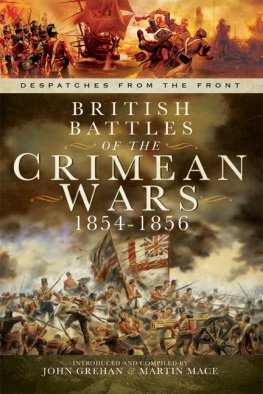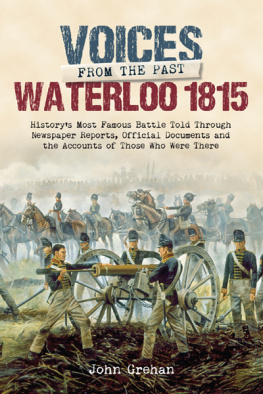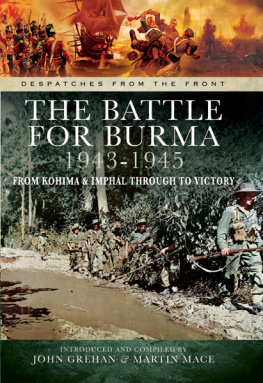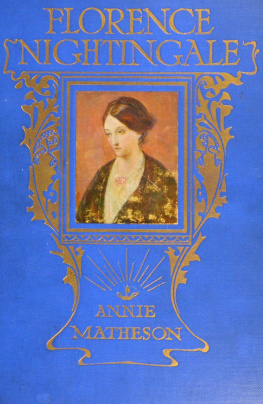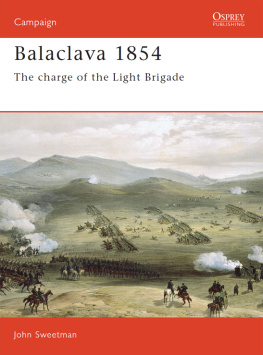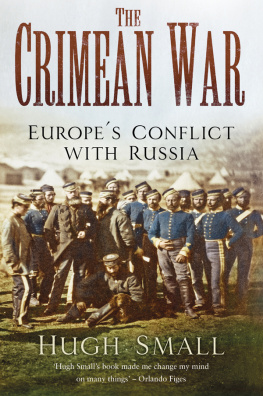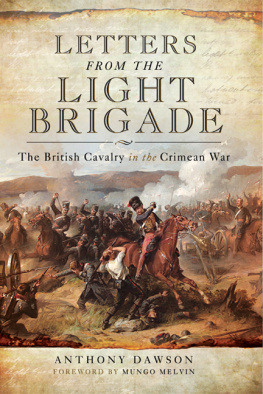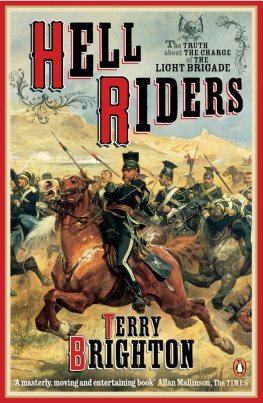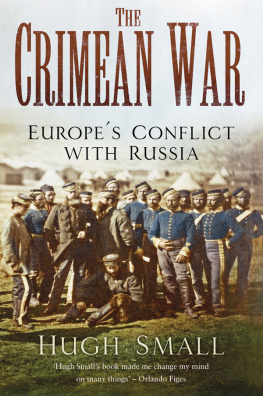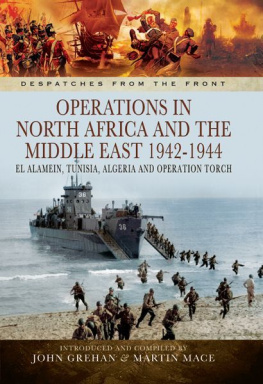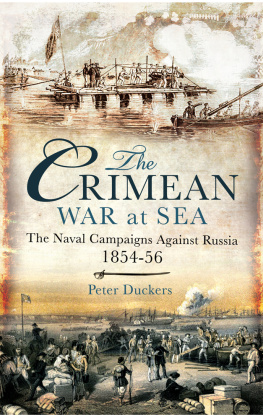
First published in Great Britain in 2014 by
Pen & Sword Military
an imprint of
Pen & Sword Books Ltd
47 Church Street
Barnsley
South Yorkshire
S70 2AS
Copyright Martin Mace and John Grehan, 2014
ISBN 978 1 78346 204 9
eISBN 9781473831858
The right of Martin Mace and John Grehan be identified as Authors of this Work has been asserted by them in accordance with the Copyright, Designs and Patents Act 1988.
A CIP catalogue record for this book is available from the British Library.
All rights reserved. No part of this book may be reproduced or transmitted in any form or by any means, electronic or mechanical including photocopying, recording or by any information storage and retrieval system, without permission from the Publisher in writing.
Printed and bound in England by CPI Group (UK) Ltd, Croydon, CR0 4YY
Pen & Sword Books Ltd incorporates the Imprints of Pen & Sword Aviation, Pen & Sword Maritime, Pen & Sword Military, Wharncliffe Local History, Pen and Sword Select, Pen and Sword Military Classics and Leo Cooper.
For a complete list of Pen & Sword titles please contact:
PEN & SWORD BOOKS LIMITED
47 Church Street, Barnsley, South Yorkshire, S70 2AS, England
E-mail: enquiries@pen-and-sword.co.uk
Website: www.pen-and-sword.co.uk
C ONTENTS
I NTRODUCTION
The Crimean War, the most destructive of the Victorian era, was notable for the appalling suffering of the troops, the outmoded and inefficient military organisation and the recognition at last of the courage of all ranks of soldiers and sailors with the instigation of the Victoria Cross. It was also notable for being the first conflict to be extensively photographed and the first to be reported in detail by a war correspondent, William Russell of The Times .
With the new steam-powered, propeller-driven ships now able to cross the Mediterranean in a matter of days and the recently-established telegraph system able to transmit a message from the front line to London in twenty-four hours, Russells reports could be received in London shortly after the events he described had occurred. In past conflicts the commanding officers despatches were usually the method by which both the Government and the British public were informed of the progress of the war, and this could be a matter of weeks after the event, depending on the weather and the state of the roads in the theatre of operations.
All that changed with the Crimean War. Before the British Commander-in-Chief, Lord Raglan and his successors, could compile a full-length report on a battle, it might already be front page news. No longer could detailed, considered despatches be sent at the end of an operation or engagement, as for example Wellington had from Spain and Portugal in the Peninsular War, instead reports had to be submitted to Horse Guards every few days in order to keep ahead, or at least abreast, of the newspaper reporting.
As a consequence there were a vast number of despatches sent from the Crimea during the two years of war. Many of these are necessarily brief and many contain little valuable information. Large numbers of despatches were also dedicated in part or in whole, to the casualty returns and the hospital reports on the sick and wounded, as well as to the general health of the troops. Though these were important considerations affecting the fighting ability and the morale of the Expeditionary Force, space has not permitted their inclusion in this compilation.
The speed of telegraphic communications also had its effect on military operations, as it meant that government leaders were able to relay their policies to the commanders in the field in a way that had never been possible before. This particularly annoyed the French General Plissier after he had taken over command of the French army in the Crimea. The Emperor Napoleon persistently urged him to mount field operations against the Russian forces rather than persist with the siege of Sevastopol, which the general refused to do. Eventually he was forced to write: Your Majesty must free me from the narrow limits to which you have assigned me or else allow me to resign a command impossible to exercise in co-operation with our loyal allies at the somewhat paralysing end of an electric wire.
**
The war of 1854-6 with Russia was fought on many fronts and when Britain joined France in declaring war on Russia in support of Turkey in March 1854, it was expected that her most significant contribution to the allied case would be naval rather than military. Since the days of Nelson, Britain had commanded the seas and it was the threat to her naval dominance which prompted the despatch of a large force to the Balkans.
Even before the official opening of hostilities a combined Anglo-French fleet sailed into the Bosporus and entered the Black Sea to assist Turkey which was already at war with Russia. Tsar Nicholas I sought full access to the Mediterranean for his warships and Turkey stood in her way. A Russian naval force in the eastern Mediterranean would seriously disrupt the balance of power in the region and would have the potential to disrupt to Britains trade routes to India and the Far East, so Turkey had to be supported at all costs.
The aim of the allied force, therefore, was to defend Constantinople and confine the Russian Black Sea Fleet to its own waters. The justification for this move was the destruction of a Turkish squadron by a patrol from the Russian fleets home port of Sebastopol at the end of November 1853. It was the capture of Sebastopol which would become the focus of the operations in the Crimea. At the same time that the allied fleet was establishing its presence in the Black Sea, another Anglo-French force opened a second front in the Baltic. Under the command of Vice Admiral Sir Charles John Napier, the Baltic fleet was the largest that had assembled since the Napoleonic Wars and in terms of armament was the most powerful naval force that had put to sea. It is unsurprising, consequently, that a considerable proportion of the despatches sent back to Britain from these two war fronts are those from the admirals and officers of the Royal Navy. Other naval operations, in the White Sea and the Pacific, were of a minor nature and have not been reproduced here.
The naval operations in the Mediterranean and the Black Sea were led by Vice Admiral James Dundas, those of the Army by Lord Raglan. The latter commanded 18,000 British soldiers, his French counterpart, Marshal St Arnaud, could count 32,000. The main allied base on the Black Sea was Varna, 180 miles north of Constantinople. From there the allies launched their attack upon Sevastopol, landing at Kalimita Bay in the Crimea on 14 September 1854.
Both the allied commanders were to die in the Crimea, with Lord Raglan being replaced by General Sir James Simpson in June 1855. After being repeatedly criticised in the Press, Simpson stood down, with command of the British forces being taken up by General Sir William Codrington.
Admiral Dundas was also replaced during the course of the war. In January 1855, having completed the usual term of command, he was succeeded by Sir Edmund Lyons, and returned to England. Admiral Napier also returned to the UK, but under entirely different circumstances. Napier, like Simpson, had suffered at the hands of the British newspapers and had consequently come under pressure from the Admiralty to be more positive in his operations against the enemy. Napiers replies were not well received as the Secretary of the Admiralty explained in a letter sent to Napier on 13 January 1855, ... you have repeatedly thought fit to adopt a tone in your correspondence with their Lordships which is not respectful of their authority. As a result he was relieved of his command, which was handed to another Dundas, Admiral the Honourable Richard Saunders Dundas.

